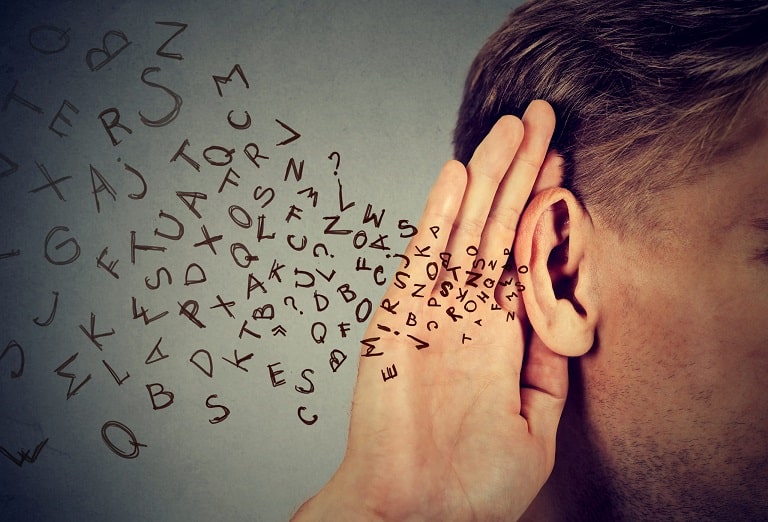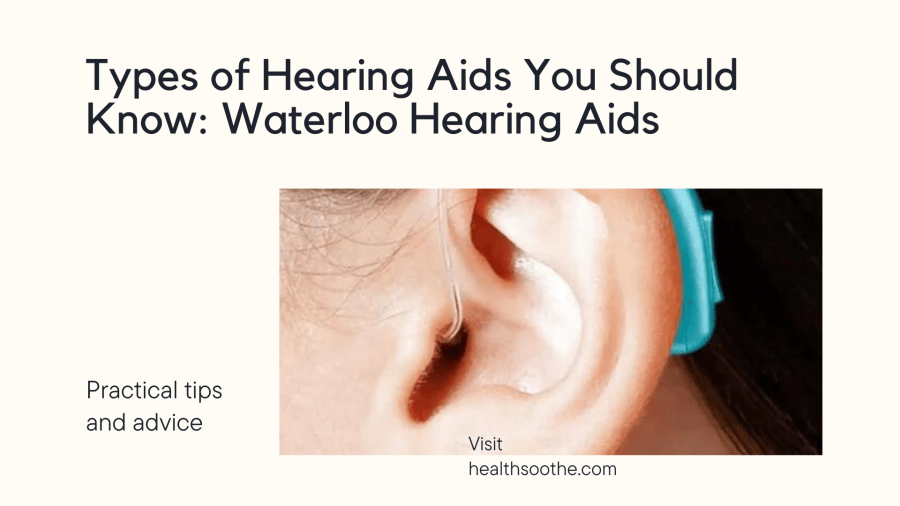Hearing problems affect more than 10 million people in the UK. They can include needing to ask people to repeat themselves, feeling that others mumble, and having difficulty understanding speech.
If your hearing has suddenly got worse, you should see a GP as soon as possible. They can arrange a tuning fork test.
1. Earwax build-up
Earwax is a natural defense that helps protect your ears from infection. It also acts as a moisturizer and keeps your ear canal lubricated. However, if it builds up, it can cause irritation and loss of hearing. If you have a buildup of earwax, there are several ways to remove it, but it is best to see your doctor.
The most common causes of earwax impaction are cotton swabs, bobby pins, rolled napkin corners, or other items that people stick in their ear canals. These objects may remove some earwax but often push it farther into the ear canal, leading to blockage. People wearing earplugs or hearing aids are also more prone to earwax blockage.
If your earwax isn’t causing symptoms, you can wait for it to fall out of the ear on its own or with the help of over-the-counter eardrops that soften the wax. However, if you are experiencing a feeling of fullness in the ear, a foul smell from the ear, or a sudden and partial loss of hearing, it is likely a sign that you have earwax impaction and need to visit your otolaryngologist for treatment.
Earwax isn’t a threat to your health, but it does need to be allowed to drain naturally. You are preventing this natural process when you try to clean your ears with things like cotton swabs. Your body can only produce so much earwax; if you are producing too much, it will harden faster than it can drain, resulting in blockage. This is why it’s important to only clean the outer part of your ears and never stick anything in your ear canals.
2. Infection
If you have an infection, it may have made your ear canal too narrow to allow sound waves to enter the ear. Hearing loss from ear infections is known as conductive hearing loss, and it's temporary. Infections usually clear up when the pressure dissipates, allowing the ear canal to open again.
Viruses and bacteria can cause ear infections. The earliest type is a viral or bacterial infection of the outer or middle ear (otitis externa or otitis media). This causes pain, pressure in the ears, nose, and throat, and sometimes a sound-like ringing in the ear (tinnitus).
Infections can also affect the inner ear. These are much less common than middle or outer ear infections, but they can severely affect hearing. Infections can happen when bacteria, viruses, or other microorganisms invade the inner ear and change its fluid into one that is thicker than normal, blocking sound from entering or exiting.
It's also possible for an infection to spread if it isn't treated or doesn't respond to treatment. If left untreated or it doesn't get better, the infection can spread to tissues in the skull, including the mastoid bone that protrudes behind the ear (mastoiditis). It can also spread to the brain and membranes surrounding the brain (meningitis) in rare cases. This is more serious than a middle or outer ear infection and is often harder to treat. It can lead to nystagmus (uncontrollable eye movements), balance problems, and vertigo. It can also damage the eardrum, which in most cases heals within 72 hours if it hasn't already ruptured. It can also cause permanent hearing loss if the eardrum is permanently damaged.
3. Stroke
Strokes happen when the blood supply to parts of the brain is disrupted, starving the cells thereof oxygen. This can lead to a variety of symptoms, depending on which part of the brain has been affected. One of the most common stroke symptoms is hearing loss, usually caused by damage to the area that processes sound. This includes the basal ganglia, internal capsule, inferior colliculus, and thalamic regions of the brain.
The vascular supply to the hearing end-organ and nerve is limited, making it more vulnerable to acute ischemic stroke. However, the precise mechanism of this damage is not fully understood. It may be due to an infarct causing direct injury or a lesion limiting blood flow to the auditory pathway.
Another cause of hearing loss after a stroke is a loss of coordination between the brain and the ear. This is known as central auditory dysfunction (CD). Symptoms include incomprehensible speech, a sense of rushing or loudness, and an inability to understand non-verbal sounds.
If you suffer from CD following a stroke, attending rehabilitation/therapy appointments and taking your medication as prescribed is important. This will improve your ability to communicate and increase the speed of recovery so that you can regain your quality of life.
If you develop sudden sensorineural hearing loss (SSNHL) that persists for more than a few days, speak to your doctor immediately. It’s an early warning sign for a future stroke. In a study, SSNHL was found to be more than 150% more likely to predict a future stroke than a history of heart disease or a recent appendectomy. SSNHL also predicts a poorer outcome after a stroke.
4. Head injury
Injuries to the head can cause hearing problems, especially if they damage part of the inner ear or the nerves that send signals to it. This is called sudden sensorineural hearing loss (SSL). It affects about 66,000 people in the US each year, according to research published Thursday in the journal Otolaryngology-Head and Neck Surgery.
If you have a mild head injury and notice that your hearing is worsening, get medical attention immediately. This is because early treatment improves your chance of regaining your hearing.
Your doctor will check your symptoms and examine your ears and scalp. They may also order a computed tomography (CT) scan or magnetic resonance imaging (MRI). These tests use large magnets, radio waves, and a computer to make detailed pictures of organs and structures in the body without using X-rays.
If you have a minor head injury, your doctor may advise acetaminophen (Tylenol) for pain or a nonsteroidal anti-inflammatory drug like ibuprofen (Advil, Motrin) or naproxen (Aleve, Naprosyn). You should not take aspirin or other NSAIDs because these can increase the risk of bleeding inside the brain.
5. Medicines
Many drugs have been linked to hearing loss, tinnitus (ringing in the ears), and balance problems. These are called ototoxic drugs. They can damage the inner ear, which is responsible for balance and hearing (see Overview of the Inner Ear). The ototoxic effects occur quickly and usually are permanent. Ototoxic medications include antibiotics such as streptomycin, tobramycin, gentamicin, and neomycin; phenytoin (used to treat epilepsy); phenobarbital (used to treat seizures); cisplatin (used to kill cancer cells) and other chemotherapy medicines; and furosemide (also known as Lasix). Diabetes medicine may also cause ototoxicity.
The underlying causes of drug-related tinnitus and balance problems differ from person to person. Your doctor needs to monitor your hearing and balance to make sure that your medication does not interfere with them. The impact on your health and quality of life will depend on several factors, including the dose, how long you have been taking it, your age, whether you are dehydrated, and your genetic susceptibility.
Almost all opioid painkillers, prescribed or illicit, can cause tinnitus and balance problems. The reason is that the drugs reduce blood flow to the cochlea, which can cause tinnitus and imbalance. Other drugs that may have a similar effect are aspirin in large doses (8 to 12 pills per day) or nonsteroidal anti-inflammatory drugs, such as ibuprofen and naproxen. Loop diuretics such as furosemide (Lasix) and bumetanide (Bumex) can also cause ototoxicity. This is because they lower your body’s salt and water levels, which can decrease blood flow to the inner ear. However, these drugs have a lot of benefits for patients with heart failure, kidney disease, or liver cirrhosis, so they cannot be stopped.


